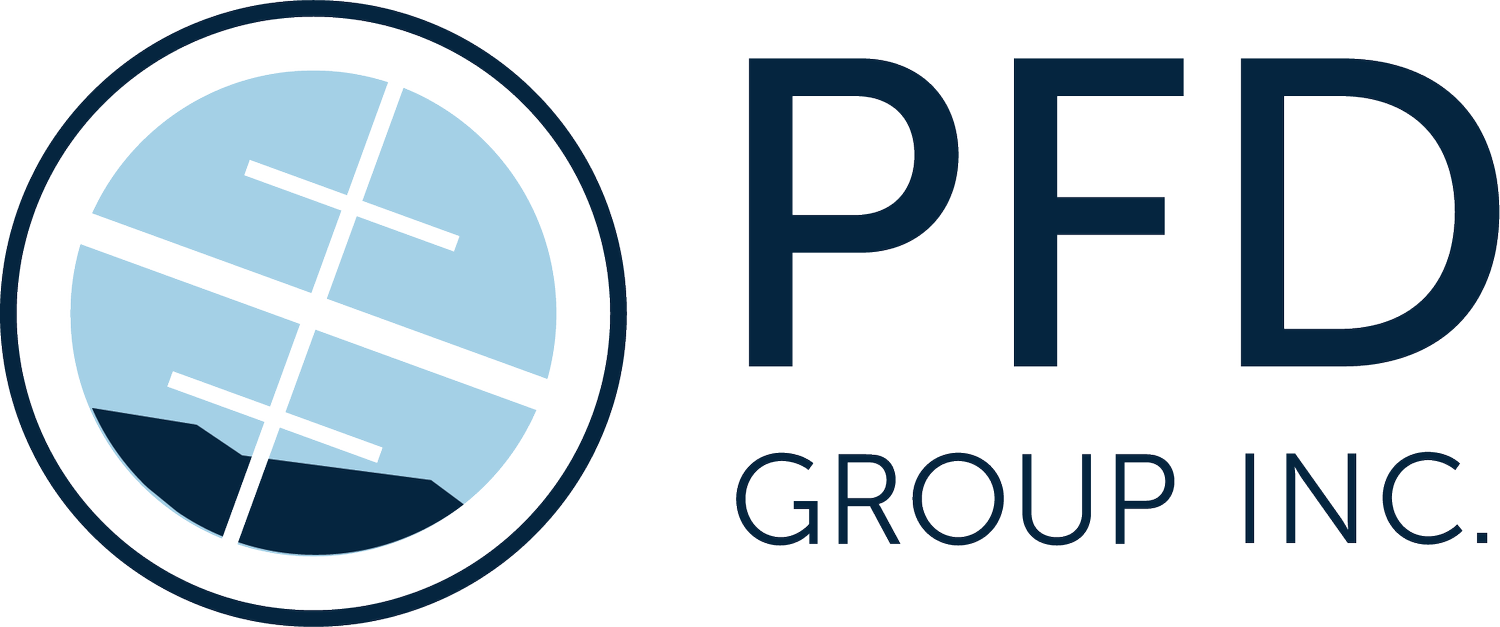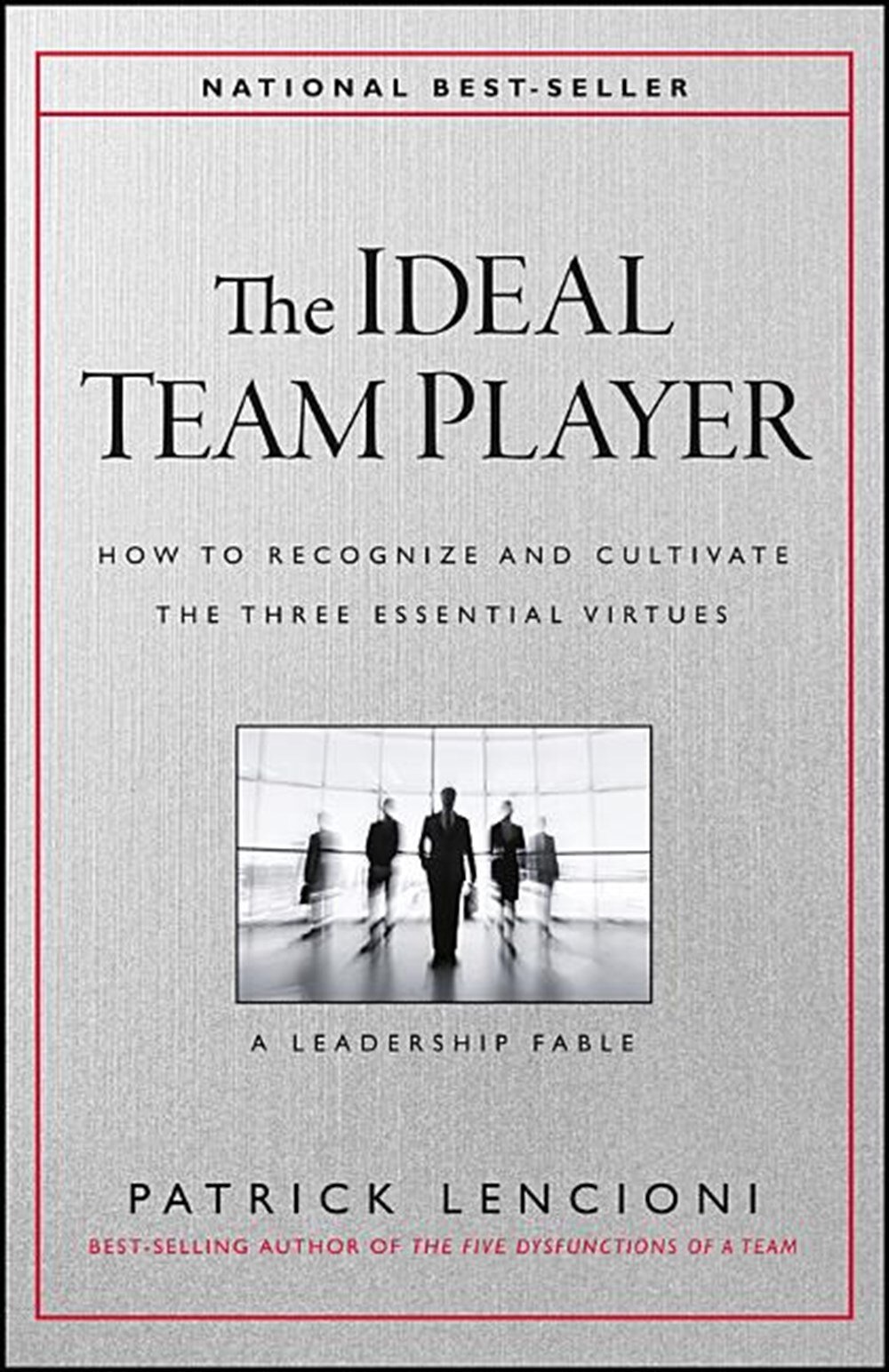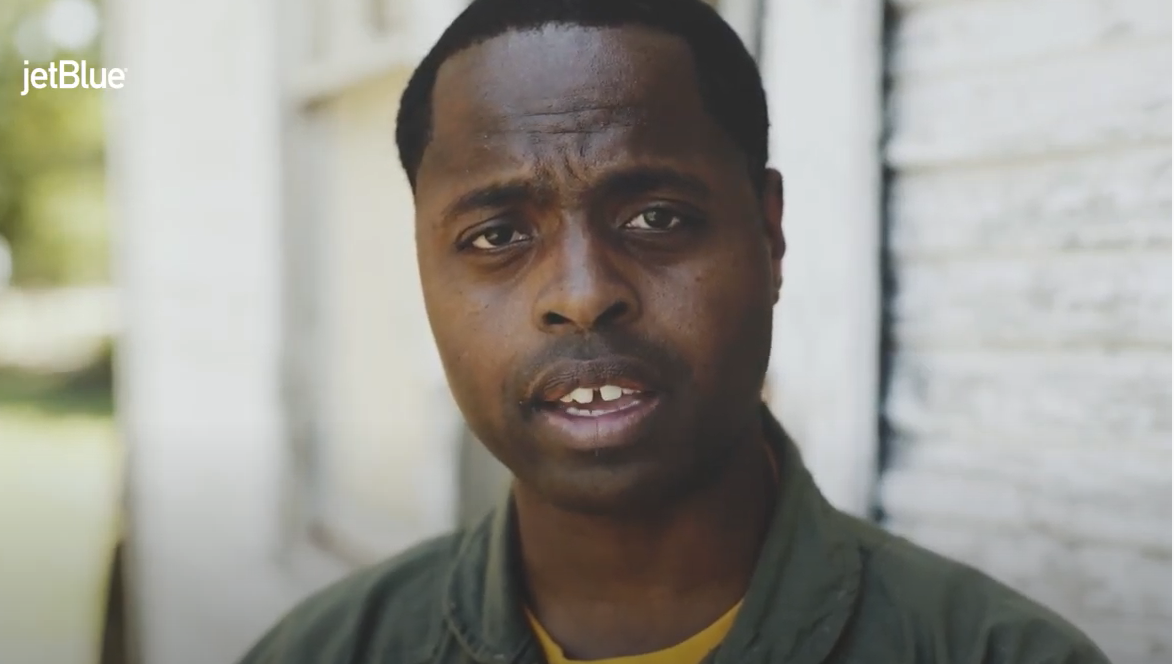TRANSCRIPT:
One of the things that we have seen with a lot of CEOs in the marketplace these days, is that they have not developed a repeatable process to find, select, and develop great talent. As a result, their impact and their growth, while okay, is far less than it could be. One of the things that we've seen in our Scaling Up practice, and all the great clients that we get to coach, is leadership is key. It's all about finding, developing, growing, and retaining the absolute best players out there.
So, we have put together a tool called the Talent Flywheel. Many of you may be familiar with the great work that Jim Collins has done on strategy flywheels to drive growth, and so we’ve found you can take the same core of that tool and apply it to the people in your team to drive incredible growth. The purpose of this Talent flywheel is to get clear about the key steps on recruiting, selecting, developing and retaining the right leaders in the right roles, so it becomes a repeatable process for your organization. We want you to be able to get the best leaders into these roles that tie to their superpowers to drive your growth and fully realize your vision.
Step 1: CEO is accountable for stewarding culture and overcommunicating
The first step of a talent flywheel belongs to you as the CEO. It is so key that you steward your organization's culture. A key element of that includes: being very clear with your senior team what your organization’s core values are. They should understand the principles that guide every decision you and your team make. As you work to discover those, to reinforce them, and to cascade them down in the organization one of the key steps is to overcommunicate those core values. Repeat yourself so many times until your team is making fun of you - that's how you know it's starting to set in.
Step 2: Learning and growth mindset and culture
The second step is stewarding and developing a learning and growth mindset and all of your people. It is key that when you're bringing new leaders into the company that they have a learning mindset. Any great scaling up company is a learning organization. We all constantly need to be growing and learning as the world is constantly changing all around us. All the information we need is out there is just a click or two away, but if we're not asking the right questions, if we're not using a learning mindset, our growth is going to be so much slower than it could be - and a lot less fun.
Step 3: Unique and valuable employee experience
The third key element of the talent flywheel is making sure to create and reinforce a unique and valuable employee experience. If you think back to some of the key elements of your company strategy, we want to make sure we have a strategy that's unique and valuable to your core customer. The same logic applies to your employees. You will want to make sure that you are selecting the best talent you possibly can that fits your culture, and once you got them you want them to stay. You want to go off for them things that are valuable to your employees that no one else. It's a key part of reinforcing the culture and thinking about your overall employee experience. What are your benefits? What is the work environment like? How are you investing in their growth? How are you making sure they've got a better future and they have today? As you look at these different things that you're doing for your employees, make sure you are offering them, individually and especially collectively, a set of benefits and opportunities that no one else can. If they are the right fit for your organization, this will help ensure employee retention, as they will never want to leave.
Step 4: Clear strategic direction from the senior team
The fourth step to the talent flywheel is ensuring you have a clear and focused strategic direction from the senior team. Right now with all the uncertainty out there, there's unlimited opportunities and possibility for growing your organization; however, if every senior leader has a different vision for where you're going and what success looks like, your growth will be slowed, it will be more political, and it will be a lot less fun. So it is really critical to spend the time with your senior team on your strategy. We recommend, either two days a quarter or at least a half day per month, that you spend the time to clarify and reinforce your culture, that you get so clear what mountain is it that we are climbing, and for the current quarter, how do we stay focused on those opportunities that will lead to our greatest growth. It is important that the senior team do this collectively. While the CEO can help guide this, this needs to be a collaborative effort, because the process that your senior team goes through to create this focused strategy is just as important as the outcome. This is because this process creates buy-in to ensure good implementation of the strategic plan.
Step 5: Transparency: KPIs and brutal facts
The fifth element of the Talent Flywheel really caters to what A-Players want. A-Players want to win, and they want to know the difference they're making individually and collectively. So this step is really important. Where the leadership team is focusing, those metrics must be very visible so that everyone can track the progress of what's working and what's not working. If there are brutal facts (i.e. any material fact that could impact business operations) and there will always be brutal facts, it's so important they get raised. When brutal facts surface, we can deal with them. They may reflect great challenges and they capture huge opportunities in front of us - or both. As we surface the brutal facts, we can identify them, we can figure out what the plan is to take advantage of them, and we can be successful together. We can surface these facts to drive rigorous discussions with the leadership team, and align to this strategic direction that we discuss the previous step, so that we never lose sight of where we're going and that we will prevail in the end.
Step 6: Videos and stories that reinforce the core values told with emotion
With all the work that you've done to steward and reinforce the culture, to set a clear strategy, to bring the right people into the organization, and to have that learning mindset, step number six is where it starts coming together. This is where we start having great stories of impact that allow future A-Players to find your team, and to want to join your team as they realize you have a very unique and valuable employee experience for them. This step will also allow you to leverage all this talent that you have internally, because your current A-Players will know who the other A-Players are out there. They know who their friends are, and they will recruit them because they want to be around other A-Players. Making sure you have a process for your A-Players to refer other A-Players to your organization is absolutely key, because this will help them to take ownership of the recruiting and selection process to make sure we are bringing the right people in the organization to fuel our growth.
Step 7: Repeatable, strong, applicant pools: Topgrading, Job Scorecard, and referrals
Step number seven is all about making this a repeatable process which is so key for our growth. Right now, we know we're going to go fishing every time that we need great talent that are also a good cultural fit, which takes time and energy. As we get the flywheel moving, we will spend less time and energy on each candidate. As the CEO, you should always be recruiting, and your senior team should always be recruiting. When you come across great talent, make sure to get their contact information - reach out to them and put them early on in the process to start seeing your core value videos and the other ways you will be able to signal to them what do you unique and valuable experience it would be for that applicant to join your organization. Having a strong pool is critically important, and how we screen is just as important. We have had tremendous success both internally and with our clients using the Topgrading process. The Topgrading process brings a whole new level of rigor to hiring. Many companies tend to hire quickly and fire slowly - on average are getting a hire right about half of the time. This is not good for the company and it's not good for that applicant. With Topgrading, we see our clients getting much closer to a 90% success rate in hiring, and with the cost of a bad hire at 10 to 14 times their salary, getting this right is critical.
Using the Talent flywheel is so key for your future growth and success. The Talent Flywheel will give you a repeatable process to identify, select, develop, and retain the top talent that you will need to make the impact that you want to in the world.


















